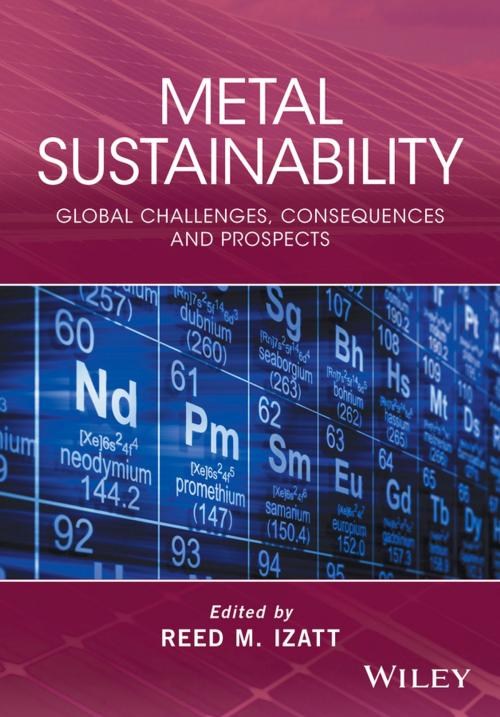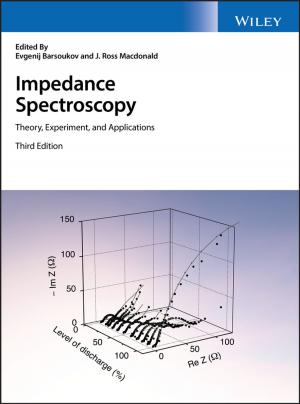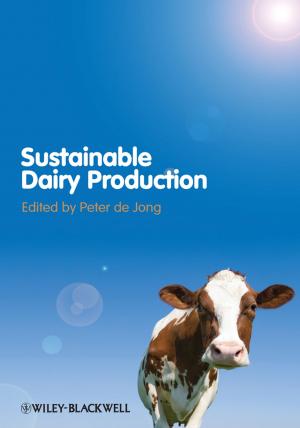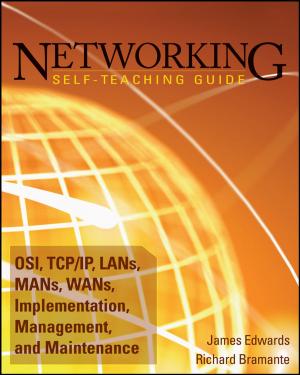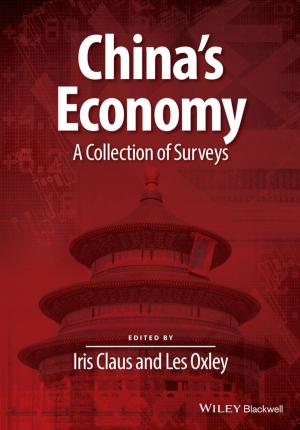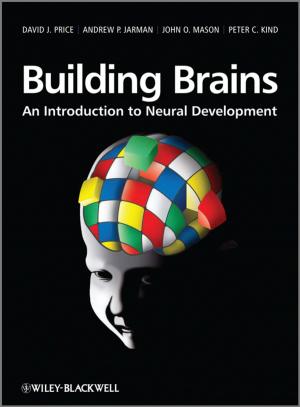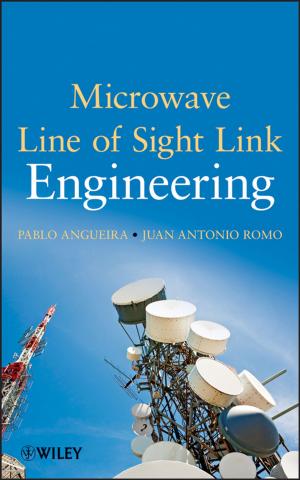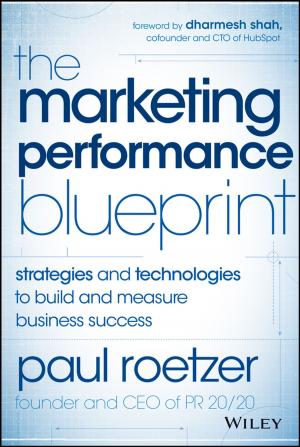Metal Sustainability
Global Challenges, Consequences, and Prospects
Nonfiction, Science & Nature, Science, Chemistry, General Chemistry| Author: | ISBN: | 9781119009122 | |
| Publisher: | Wiley | Publication: | July 29, 2016 |
| Imprint: | Wiley | Language: | English |
| Author: | |
| ISBN: | 9781119009122 |
| Publisher: | Wiley |
| Publication: | July 29, 2016 |
| Imprint: | Wiley |
| Language: | English |
The sustainable use of natural resources is an important global challenge, and improved metal sustainability is a crucial goal for the 21st century in order to conserve the supply of critical metals and mitigate the environmental and health issues resulting from unrecovered metals.
Metal Sustainability: Global Challenges, Consequences and Prospects discusses important topics and challenges associated with sustainability in metal life cycles, from mining ore to beneficiation processes, to product manufacture, to recovery from end-of-life materials, to environmental and health concerns resulting from generated waste. The broad perspective presented highlights the global interdependence of the many stages of metal life cycles. Economic issues are emphasized and relevant environmental, health, political, industrial and societal issues are discussed. The importance of applying green chemistry principles to metal sustainability is emphasized.
Topics covered include:
• Recycling and sustainable utilization of precious and specialty metals
• Formal and informal recycling from electronic and other high-tech wastes
• Global management of electronic wastes
• Metal reuse and recycling in developing countries
• Effects of toxic and other metal releases on the environment and human health
• Effect on bacteria of toxic metal release
• Selective recovery of platinum group metals and rare earth metals
• Metal sustainability from a manufacturing perspective
• Economic perspectives on sustainability, mineral development, and metal life cycles
• Closing the Loop – Minerals Industry Issues
The aim of this book is to improve awareness of the increasingly important role metals play in our high-tech society, the need to conserve our metal supply throughout the metal life cycle, the importance of improved metal recycling, and the effects that unhindered metal loss can have on the environment and on human health.
The sustainable use of natural resources is an important global challenge, and improved metal sustainability is a crucial goal for the 21st century in order to conserve the supply of critical metals and mitigate the environmental and health issues resulting from unrecovered metals.
Metal Sustainability: Global Challenges, Consequences and Prospects discusses important topics and challenges associated with sustainability in metal life cycles, from mining ore to beneficiation processes, to product manufacture, to recovery from end-of-life materials, to environmental and health concerns resulting from generated waste. The broad perspective presented highlights the global interdependence of the many stages of metal life cycles. Economic issues are emphasized and relevant environmental, health, political, industrial and societal issues are discussed. The importance of applying green chemistry principles to metal sustainability is emphasized.
Topics covered include:
• Recycling and sustainable utilization of precious and specialty metals
• Formal and informal recycling from electronic and other high-tech wastes
• Global management of electronic wastes
• Metal reuse and recycling in developing countries
• Effects of toxic and other metal releases on the environment and human health
• Effect on bacteria of toxic metal release
• Selective recovery of platinum group metals and rare earth metals
• Metal sustainability from a manufacturing perspective
• Economic perspectives on sustainability, mineral development, and metal life cycles
• Closing the Loop – Minerals Industry Issues
The aim of this book is to improve awareness of the increasingly important role metals play in our high-tech society, the need to conserve our metal supply throughout the metal life cycle, the importance of improved metal recycling, and the effects that unhindered metal loss can have on the environment and on human health.
